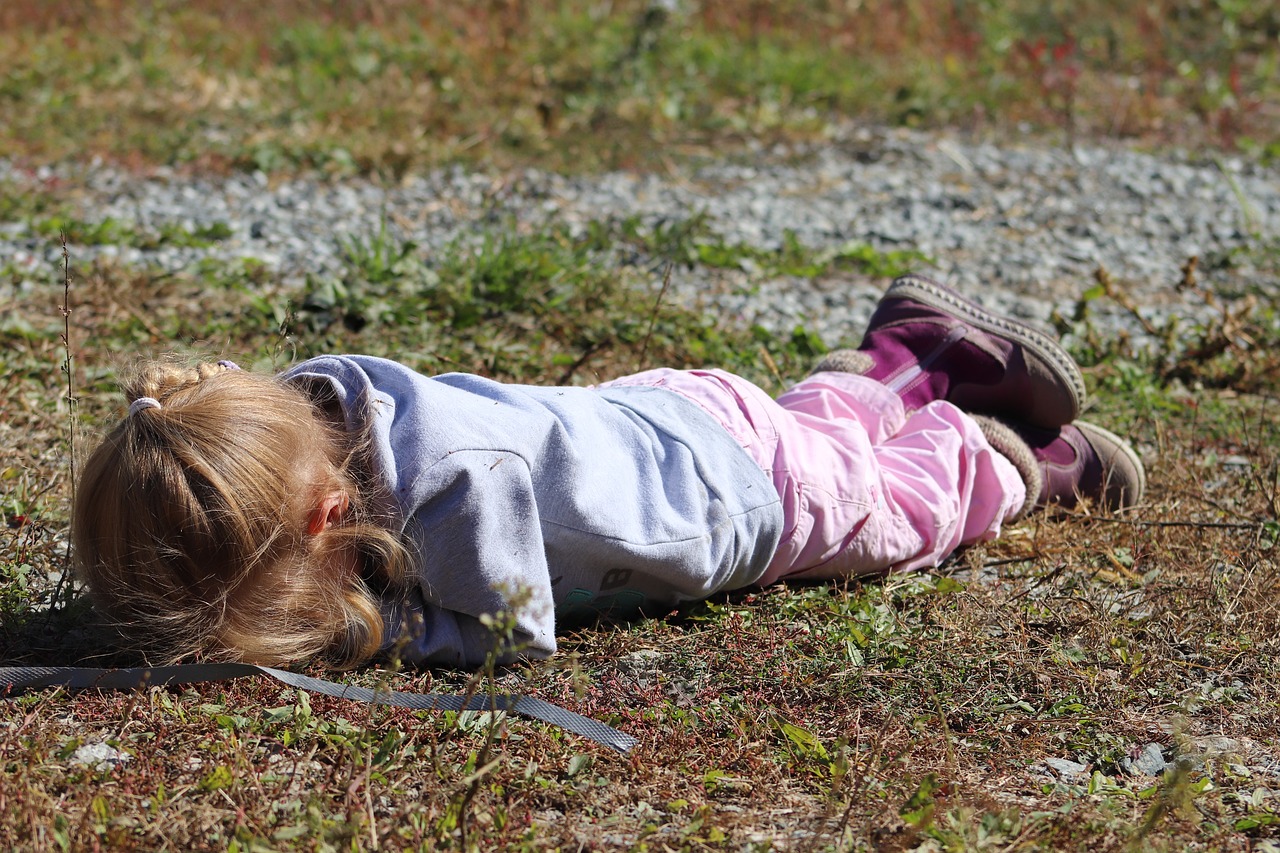KEY POINTS
- Rachel Romer said calming down is best taught through demonstration
- Brown and Grant said telling children to “calm down” doesn’t validate their emotions
- They recommended two exercises to help children manage their emotions
An expert suggested that parents whose children are experiencing anxiety should never tell their kids to “calm down.”
Rachel Romer, CEO and co-founder of educational assistance benefits company Guild, said in a CNBC report that calming down is best taught through demonstration and not by imposing it on one’s child.
“I’m in the middle of parenting two little 4-year-olds, and I think about when they are anxious, saying ‘calm down’ is about the worst thing you can tell a 4-and-a-half-year-old,” she said in an episode of the company’s “Opportunity Divide” podcast with leadership researcher Brené Brown and organizational psychologist Adam Grant from Wharton.
Brown and Grant agreed with Romer, adding that telling children to “calm down” doesn’t validate their emotions nor help them process their feelings and could come across as dismissive.
Grant even noted that managing complicated emotions like anxiety is a complex task, per a 2014 dissertation published in the Journal of Experimental Psychology, written by researcher Alison Wood Brooks.
“What she found was, when you ask people, ‘What do you do when you’re anxious and what do you tell other people to do?,’ [more than 80%] of people said ‘calm down,’ but they couldn’t do it, because we all know anxiety is an intense, highly activated emotion, and it doesn’t just go away,” Grant said.
They recommended two exercises to help children manage their emotions, such as breathing together and reframing anxiety as excitement.
“Sometimes, without even telling [your kids] you’re doing it, if you start to sync your breathing with them … you create that space” for them to better process their emotions, Romer said.
The strategy should work on adults as well, Brown said, adding that breathing techniques like “box breathing” and “tactical breathing” like yoga classes are helpful when anxiety strikes.
“Anxiety is a very contagious emotion,” Brown said, but quickly added, “Calm is also contagious.”
Grant said that according to Wood Brooks’ dissertation, instead of trying to calm down while anxious, it is easier to appraise it as excitement.
“Look, anxiety involves uncertainty. Yes, it’s possible something bad might happen, but it’s also possible something good might happen,” Grant said.
Parents can do exercises like talking to their child, and instead of saying, “I know you’re anxious, but…” or “Let’s try to calm down,” it is better to say, “I know you’re excited, and…”
Grant said this could subtly tweak a child’s emotion, making them happier and be in their “best emotional space possible.”







![6-Year-Old Boy Plummets 40 Feet from Amusement Park Zipline after Harness Breaks Midair as Onlookers Watch in Shock [VIDEO]](https://data.ibtimes.sg/en/full/68583/zipline-accident.jpg)
